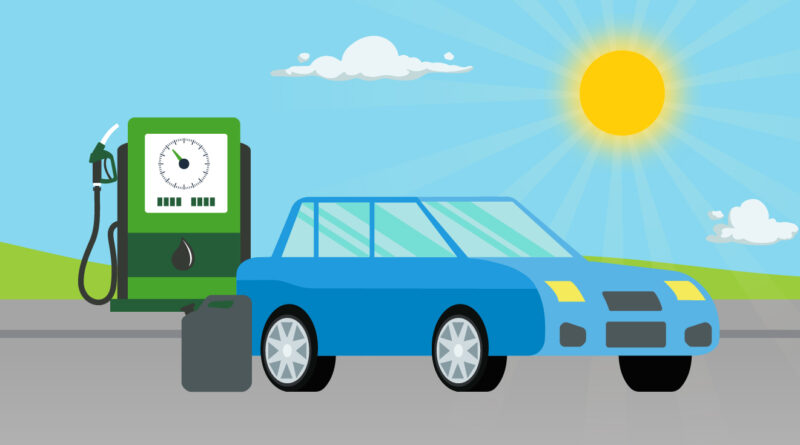Guide What Happens if You Put Petrol in a Diesel Car?
Understanding what happens if you put petrol in a diesel car is very important. Putting petrol into a diesel car is a common mistake that can have serious consequences for your vehicle’s engine and overall performance. Here’s what happens when petrol is mistakenly used in a diesel car-if you added a small amount like a 1l just fill up full tank of diesel you wouldn’t notice a difference:
1. Fuel System Damage:
Petrol and diesel fuels have different chemical compositions and combustion characteristics. Diesel engines rely on diesel fuel’s lubricating properties to maintain proper operation. Petrol, however, lacks this lubrication, leading to increased friction and wear within the fuel system components. If you added 1l and rest of the tank full with diesel there will be no harm done. Years ago petrol has been added to diesel to prevent freezing (waxing) in winter.
2. Ignition Issues:
Diesel engines use compression ignition, where fuel is ignited by high-pressure compression within the cylinder. Petrol has a lower ignition temperature compared to diesel. Mixing petrol with diesel can result in improper combustion, causing misfires, engine knocking, and potential damage to the pistons, valves, and cylinder walls.
3. Fuel Pump and Injector Damage:
Diesel fuel pumps and injectors are designed to handle the viscosity and lubricity of diesel fuel. Introducing petrol can cause these components to overheat or fail due to increased friction and reduced lubrication, leading to costly repairs or replacements.
4. Engine Performance Issues:
Using petrol in a diesel engine can significantly affect its performance. The engine may experience reduced power output, hesitation during acceleration, and increased fuel consumption. In severe cases, the engine may fail to start or shut down unexpectedly all starvation issues would depend how much petrol you have added in fuel tank.
5. Environmental Impact:
Misfuelling not only damages the vehicle but can also have environmental consequences. Inefficient combustion due to the petrol-diesel mix can increase emissions of harmful pollutants, contributing to air pollution and potentially failing emissions tests.
6. Immediate Actions to Take:
If you realize you’ve put petrol in your diesel car, do not start the engine. Contact a professional mechanic or roadside assistance service immediately for guidance on how to safely drain and flush the fuel system. Running the engine with petrol in the system can exacerbate damage and increase repair costs.
7. Prevention Tips:
To avoid misfuelling incidents, consider using fuel caps labelled with vehicle compatibility or installing a diesel-only nozzle guard if available at fuel stations. Take your time during refuelling and double-check the fuel type selected before dispensing.
Conclusion
Misfuelling by putting petrol in a diesel car can lead to severe engine damage and operational issues. Understanding these consequences underscores the importance of vigilance and proper fuelling practices to maintain the longevity and performance of your vehicle. If misfuelling occurs, seek professional assistance promptly to minimize damage and restore your diesel engine’s optimal functionality. Fuel economy.
By following these guidelines, drivers can mitigate the risks associated with misfuelling and ensure a smoother driving experience with their diesel vehicles.

